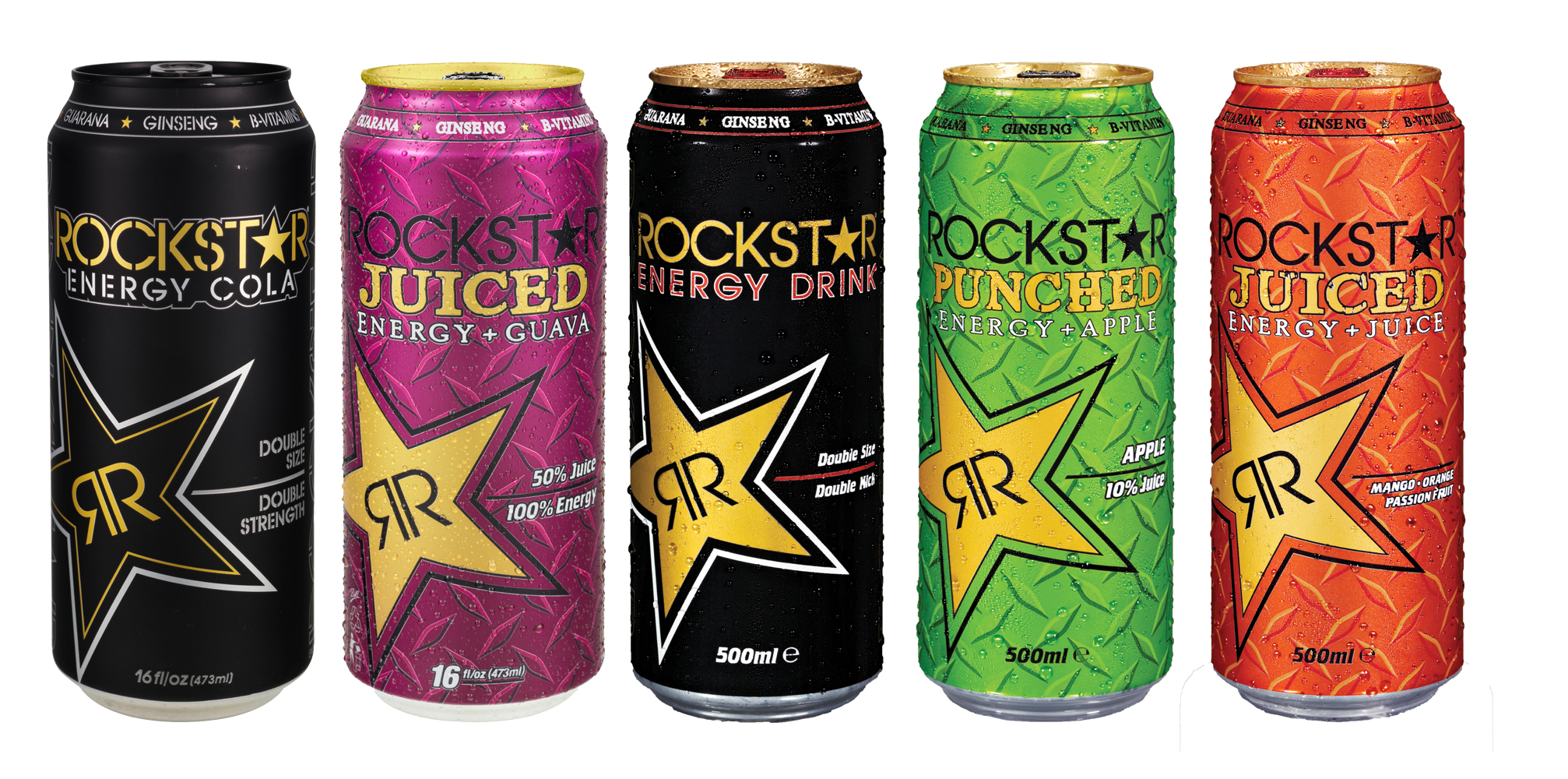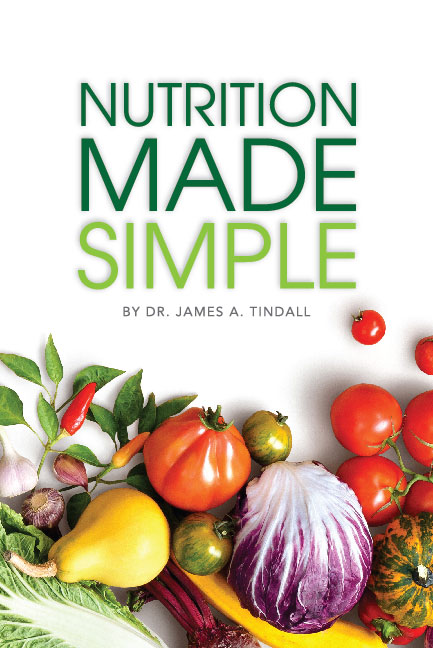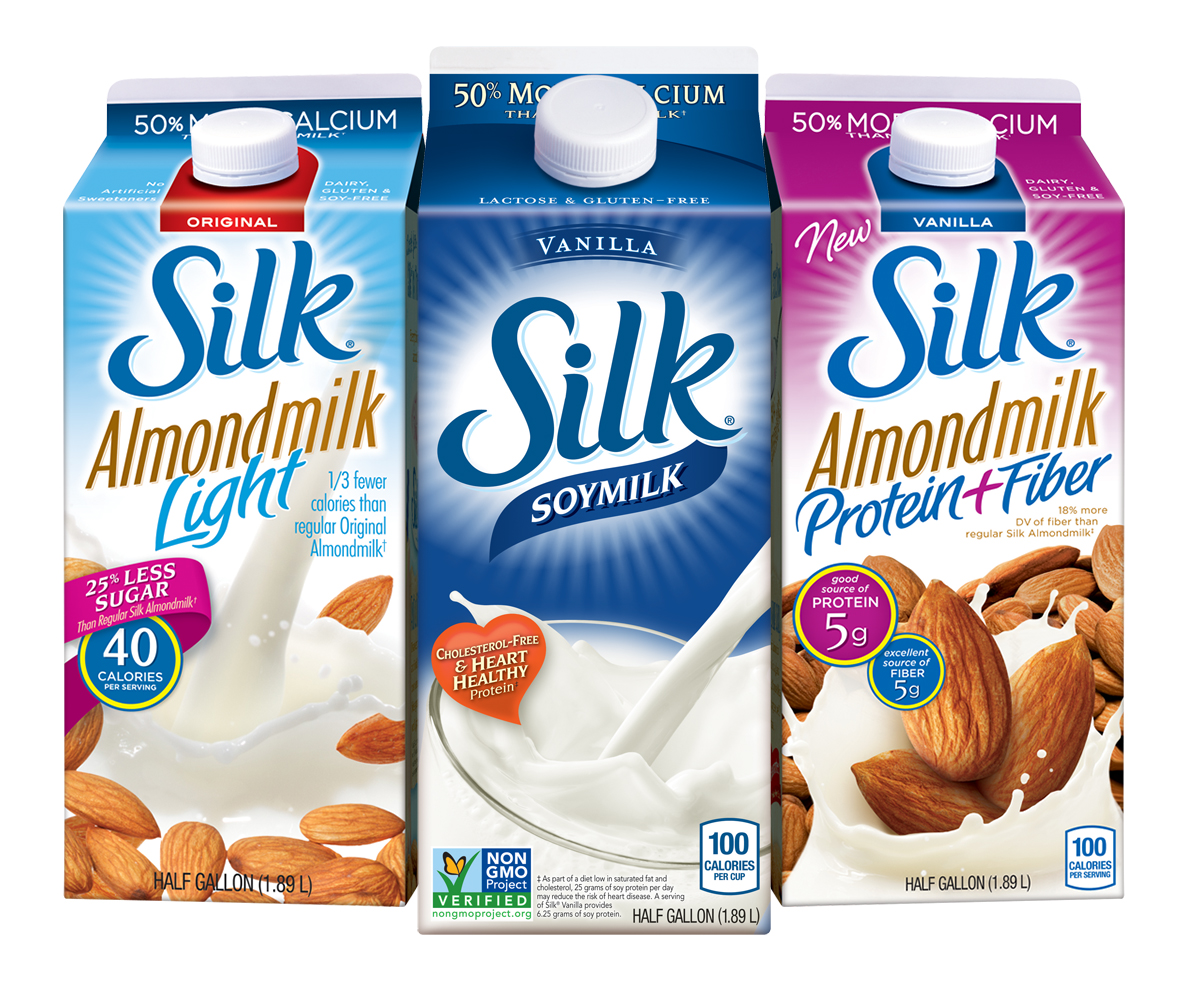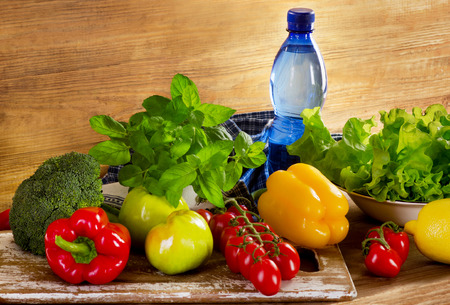As an athlete, there are several nutritional factors you need to pay attention to, which include water, energy, vitamins and minerals, and others. Let’s detail those.
Water
Although you can survive for a few days without water, the body needs a constant supply for a variety of reasons.
• Water is the most important nutrient for active people.
• When you sweat, you lose water – it must be replaced. Drink fluids before, during, and after workouts. The colder the water the better.
• Water is the best choice for most workouts. However; during continuous workouts of greater than 90 minutes, your body may benefit from a sports drink.
• Sports drinks have two very important ingredients – electrolytes and carbohydrates
• Sports drinks replace electrolytes lost through sweat during workouts lasting several hours.
• Carbohydrates in sports drinks provide extra energy. The most effective sports drinks contain 15 to 18 grams of carbohydrate in every 8 ounces of fluid. Greater amounts of carbohydrates than this result in too much sugar intake and can actually cause dehydration of cells and may result in common injuries such as hamstring tears.
Advertisement: RockStar (click on photo for more info)

Increase Your Energy with Carbohydrates
Carbohydrates are your body’s main source of energy.
• Carbohydrates are sugars and starches, and they are found in foods such as breads, cereals, fruits, vegetables, pasta, milk, honey, syrups and table sugar.
• Sugars and starches are broken down by your body into glucose, which is used by your muscles for energy.
• For health and peak performance, more than half your daily calories should come from carbohydrates. As a general rule of thumb, the more active you are in sports and competition the more carbohydrates you should have. Generally, a ratio of carbohydrates – fats – proteins is 55 – 20 – 25 (in percent). Some athletes do well with carbohydrates intakes of as much as 65 percent of daily caloric needs. Thus, in a very real sense, all protein diets have no place for the athlete!
• Sugars and starches have 4 calories per gram, while fat has 9 calories per gram. Alcohols and sugar alcohols are 7 calories per gram. In other words, carbohydrates have less than half the calories of fat. A meal of not more than 35 grams of carbohydrates at one time is ideal and will result in lower blood-sugar spikes thus, better fat burning. To achieve this, you must utilize meal frequency (eating 5-7 smaller daily meals rather than 2-3).
• If you regularly eat a carbohydrate-rich diet you probably have enough carbohydrate stored to fuel activity. Even so, be sure to eat a pre-competition meal for fluid and additional energy. What you eat as well as when you eat your pre-competition meal will be entirely individual.
Advertisement: Amazon (click on photo for more info)

Options to Build Larger Muscles
It is a myth that eating lots of protein and/or taking protein supplements and exercising vigorously will definitely turn you into a big, muscular person.
• Building muscle depends on your genes, how hard you train, and whether you get enough calories.
• The average American diet has more than enough protein for muscle building. Generally, depending on the intensity of your workout, one half to 1 gram of protein per pound of body weight per day is a more than sufficient intake. Extra protein is eliminated from the body or stored as fat just as unused vitamins. Protein is best used as a meal enhancement between meals in your meal frequency plan.
Improvement with Vitamins and Minerals
Consuming a varied diet will give you all the vitamins and minerals you need for health and peak performance.
• Exceptions include active people who follow strict vegetarian diets, avoid an entire group of foods, or eat less than 1800 calories a day. If you fall into any of these categories, a multivitamin and mineral pill may provide the vitamins and minerals missing in your diet.
• Taking large doses of vitamins and minerals will not help your performance and may be bad for your health. Vitamins and minerals do not supply the body with energy and, therefore they are not a substitute for carbohydrates.
Green, Leafy Vegetables and More
Iron supplies working muscles with oxygen.
• If your iron level is low, you may tire easily and not have enough stamina for activity.
• The best sources of iron are animal products, but plant foods such as fortified breads, cereals, beans and green leafy vegetables also contain iron.
• Iron supplements may have side effects, so take them only if your doctor tells you to.
You Need Calcium Everyday
Many people do not get enough of the calcium needed for strong bones and proper muscle function.
• Lack of calcium can contribute to stress fractures and the bone disease and osteoporosis.
• The best sources of calcium are dairy products, but many other foods such as salmon with bones, sardines, collard greens, and okra also contain calcium. Additionally, some brands of bread, tofu, and orange juice are fortified with calcium.
Advertisement: Silk (click on photo for more info)

Weight and Calories
Your calorie needs depend on your age, body size, sport and training program.
• The best way to make sure you are not getting too many or too few calories is to check your weight from time to time.
• If you’re keeping within your ideal weight range, you’re probably getting the right amount of calories.
• Go to our tools section to determine your basic daily caloric intake. It is not about counting every calorie, but about being consistent. Get an idea of what you need and then, an idea of what the foods you eat are giving you. Remember, 100 calories extra each day over what is needed will result in a 10 pound per year weight gain and vice versa. Keep it simple.







